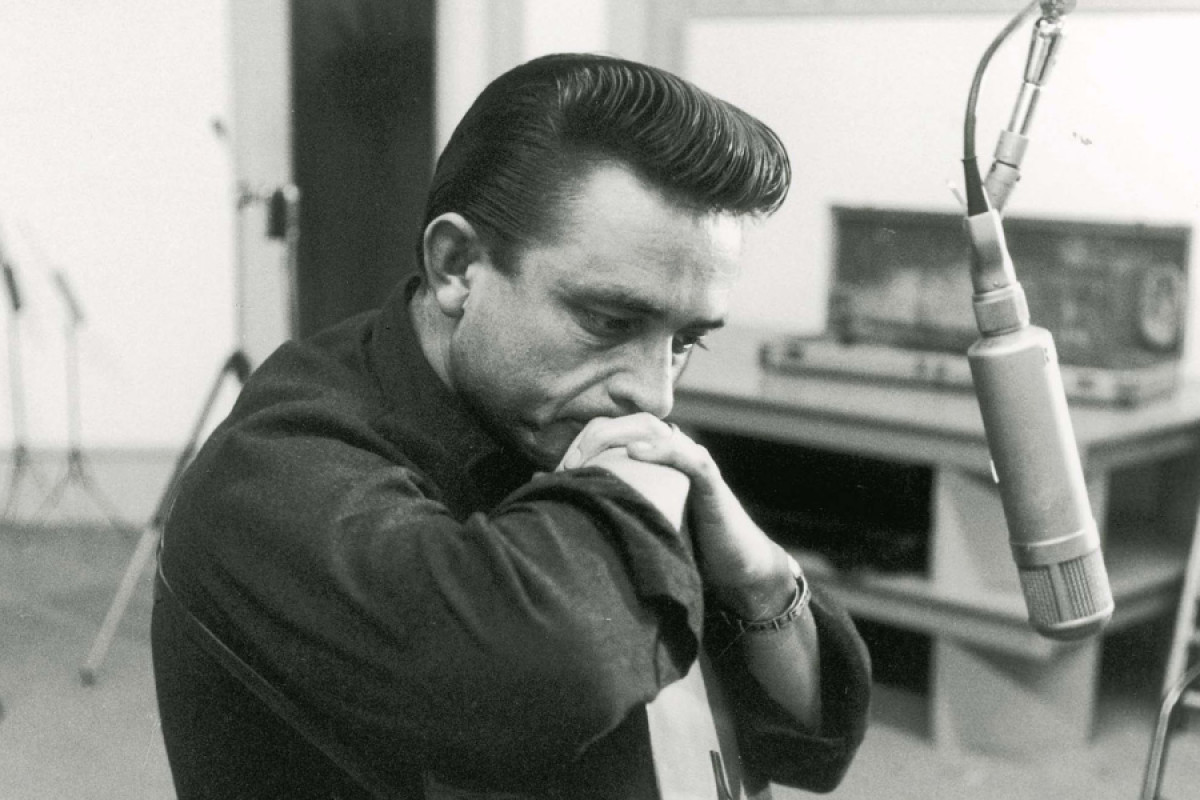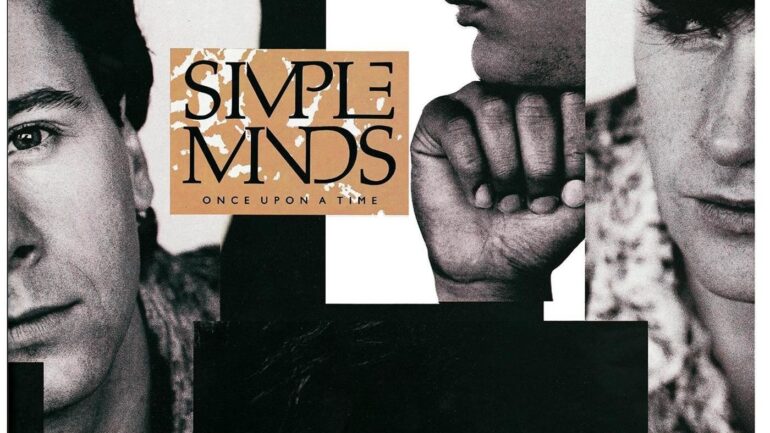So good... like you
Listeners:
Top listeners:
00:00
00:00
chevron_left
-
play_arrow
NGradio So good... like you
YouTube Originals film ‘The Gift: The Journey of Johnny Cash’ focuses on the singer’s troubled soul and ultimate redemption.
On November 11th, YouTube Originals will begin streaming the documentary film The Gift: The Journey of Johnny Cash, a 90-minute film directed by Emmy- and Grammy-winning filmmaker Thom Zimny (Elvis Presley: The Searcher, Springsteen on Broadway) that features commentary from Bruce Springsteen, Emmylou Harris, and members of the Cash family, including daughter Rosanne Cash and son John Carter Cash.
The movie’s deeply spiritual centerpieces are the lingering effects that the 1944 accidental death of Cash’s 14-year-old brother Jack had on Johnny, who was 12 at the time, and the historic 1968 Folsom Prison concert recordings that gave Cash a renewed understanding of his place and purpose in the world. Through these life-changing events, the themes of sin and salvation are connected to Cash’s experience of success, excess, and, ultimately, redemption. “You always got the feeling that my dad was trying to get away from pain,” says Rosanne Cash. “He worked out his deepest problems on the stage, with an audience.”
Here are 10 things we learned from the new film:
1. Cash’s mother inspired the film’s title.
In an audio interview in preparation for his autobiography, Cash recalls his mother’s proclamation after hearing her teenaged son sing in his newly discovered bass voice for the first time. “My mother said, ‘God has His hand on you. Don’t ever forget the gift.’ That’s the first time she called it that. Singing, writing for my voice… that’s the gift.”
2. He met his first wife, Vivian Liberto, during his early military service in Texas.
Cash enlisted in the Air Force one week before the start of the Korean War, but was eventually sent to Germany. The couple met at St. Mary’s, a San Antonio roller-skating rink, in July 1951. “We had talked about marriage,” he says. “We had practically set the wedding date. I knew that when I came home [from Germany, where he would serve much of his time in the Air Force] that I wanted to marry her. I wanted to settle down and raise a family.” Together, the couple would have four daughters: Rosanne, Kathy, Cindy, and Tara. Cash also notes that he knew he wanted to sing and to make records. “I wanted to do the best of both,” he says.
3. Cash’s job in the military was due in part to his gift for understanding language.
His job as a radio interceptor used Cash’s skills for listening and hearing the cadence in communications that were going back and forth. “He understands how words can fit together, and how lines and rhythms can fit together,” says son John Carter Cash. Unable to return home for three years, it was during his military service that Cash saw the 1951 film Inside the Walls of Folsom Prison, which inspired his 1953 composition “Folsom Prison Blues.” The 1968 live version would reach Number One on the country chart. “I’m speaking from the criminal’s mouth. As it happens there a lot of people who like to hear such lurid tales told, musically,” he says of the song’s most notorious line: “I shot a man in Reno just to watch him die.”
4. Cash left Sam Phillips’ Sun Records with a promise of creative freedom at Columbia Records.
While his time at the Sun label brought a measure of success, including the pop crossover of “I Walk the Line,” Cash was enticed to sign with Columbia Records after being assured he could make gospel records and other concept albums during his tenure there. He would go on to do both, devoting entire LPs to spiritual material and also songs that would raise awareness of the plight of Native Americans and others. Although the new deal brought major commercial success and freedom, it also caused difficulties with his marriage and exacerbated his abuse of prescription drugs, an issue that would plague him for decades. “My kids suffered and Vivian suffered,” says Cash.
5. June Carter, the woman who would eventually become his second wife, joined Johnny Cash’s touring show in 1962, not long before he would record her song “Ring of Fire.”
“When she joined our show it was a beautiful thing for me, although I had a feeling at the time it was deeper than just an employer-employee relationship,” says Cash. Carter, who had established herself as the “comic relief” while performing with her mother Maybelle and sisters Helen and Anita, had also studied dramatics in New York for two years under famed acting teacher Sanford “Sandy” Meisner. The film includes a stunning 1962 performance of Cash and the Carters performing the gospel standard “Where You There When They Crucified My Lord.”
6. Cash’s reasons for the long string of concept albums he recorded throughout the Sixties and dedicated to the Old West, Native Americans, and others, was explained in an interview segment that remains chillingly relevant.
Although not identified by date, Cash says in an audio segment, “A hundred years have come and gone. It’s good to point out the mistakes that we’ve made; what we did to these minorities — the anti-Semitism that’s still going on in this country, the anti-black, anti-immigrants, anti-women, and the near genocide of the aboriginals of America.” When radio stations resisted playing tracks from his 1964 LP Bitter Tears: Ballads of the American Indian, Cash placed an ad in Billboard magazine that branded the disc jockeys as “gutless.”
7. By 1965, Cash’s gaunt appearance from constant touring and his often difficult demeanor brought on by continued drug abuse was alarming to many, not least of all himself.
“I was a bag of bones,” he says. “I looked like walking death and I knew it. There was a violent side to that person — tear things up, break things just for the sake of breaking them. When I went to the Grand Ole Opry, I don’t remember much about that night. I tried to take the mike off the mike stand and it didn’t come off quick enough so I threw the mike stand all around. I hit a couple of lights and knocked ’em out. I liked the way they shattered.” Cash, who was singing with June Carter at the time, then proceeded to drag the stand all along the stage, breaking all of the lights, as Carter “kind of backed up and wilted.” An Opry member since 1956, Cash was let go from the roster but later invited to return.
8. Cash’s shot at redemption came in a spiritual experience inside a cave near Chattanooga, Tennessee.
Divorced from his first wife by 1967 and not allowed to see his daughters, who were living with her in California, Cash was drinking a case of beer and taking up to100 pills — a combination of uppers and downers — a day. Having stayed up for three days and nights, he was sitting in the mouth of the cave crying, then walked into the cave to hide from June, laid down in complete darkness and said a goodbye prayer. “I felt a presence, I saw a little flick of light way off in the distance,” he recalls. “I started crawling and crawling toward that entrance. When I awoke, June was there. She knew it was really, really bad this time. She said, ‘You’re almost dead, aren’t you?’ I said, ‘I want to live.’”
9. Shortly after kicking his drug habit, Cash played the legendary Folsom Prison concert, got married, became a father again with the birth of John Carter Cash, and launched his popular ABC-TV series.
“I couldn’t have done it if I had been on mood-altering drugs. I was straight and sober for all of those shows,” Cash says of the groundbreaking music series that featured contemporary rock, pop and country acts performing onstage at the Ryman Auditorium, the site of his Grand Ole Opry dismissal four years earlier. The series would feature a segment introducing baby John Carter Cash to viewers as his parents sang to him. “When I was born, Dad was at a prime, physically, emotionally connected with family,” he notes. “Something that, sadly, my sisters had not experienced during their early life.” “My dad caused so much chaos in my family and so much pain for my mother, and so much pain for him,” says Rosanne. “He was absolutely tortured. He wanted to redeem himself. And that goes back to [his brother] Jack. That’s where it started.”
10. Although his record sales declined in the Seventies and Eighties, Cash was able to reconnect with his daughters and found new ways to reach the public.
The last section of the film, which focuses heavily on the theme of redemption, includes Cash’s work with Rev. Billy Graham and his crusades, and his friendship with Folsom Prison inmate Glen Sherley, whose song “Greystone Chapel,” Cash performed on the live concert LP in 1968. There’s also some charming at-home footage of four of the Cash/Carter family’s six daughters, including Rosanne Cash and Carlene Carter, performing an emotional version of “I Still Miss Someone,” as Johnny struggles to hold back tears. While the next two decades were commercially much less successful for Cash (until his American Recordings with producer Rick Rubin), Cash had largely found the redemption he desperately sought for so many years.
Source: rollingstone.com
Written by: New Generation Radio
Similar posts
ΔΗΜΟΦΙΛΗ ΑΡΘΡΑ
COPYRIGHT 2020. NGRADIO





















Post comments (0)